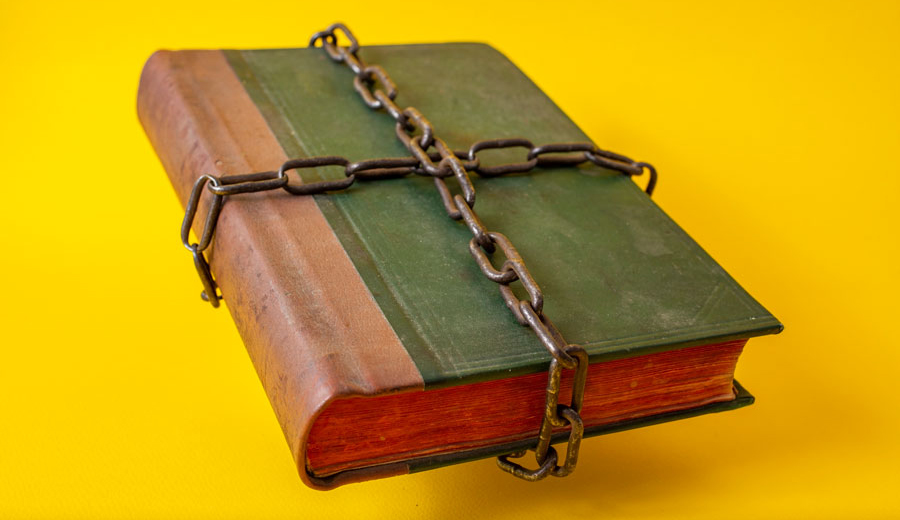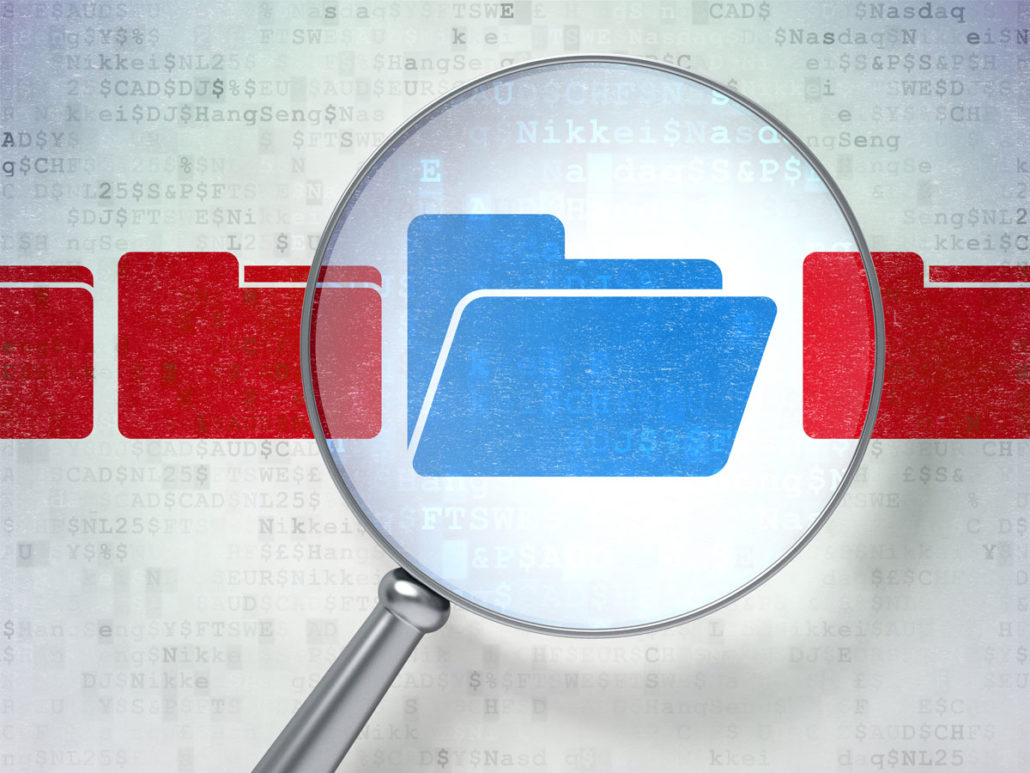The Difference an Archival Consultant Makes

Ensuring Your Collection’s Integrity with Anderson Archival Working with an archival consultant can transform the way you maintain and preserve your treasured collection. Anderson Archival’s experts bring a wealth of knowledge that goes beyond mere archiving and into the realm of individualized care and industry best practices. Expert Knowledge of Archival Best Practices An archival […]
Safeguarding the Future: NARA’s Digital Preservation Strategy

Anderson Archival strives to stay up to date on the standards and practices of leading archival organizations. The National Archives and Records Administration (NARA) is the primary archive for the US federal government and the organization that produced the Federal Agencies Digital Guidelines Initiative (FADGI), which most US archives use as the standard guide to […]
The Conflict: Preservation vs Access

The management of cultural artifacts is a complex task that requires the right balance between the preservation of the object and the public’s accessibility to that object. The main purpose of preserving items, documents, and other historical materials from damage or deterioration is to ensure they are available for public viewing and study. In other […]
How to Preserve Your Legacy: Practical Tips and Advice

Preserving your legacy is not only a way of honoring your past, but also a gift to your future. Whether you want to share your family or business history, your personal achievements, or your creative work, you need to take steps to ensure your digital and physical assets are protected and accessible for generations to […]
Preserving the Past with Care: Ethical Issues in Digital Archiving

Digital archiving has brought about a world of convenience in terms of preserving and accessing information. However, it also introduces new ethical concerns related to digital reproduction. Digital reproduction poses challenges to the original owner’s rights and interests. Essentially, when we create a digital copy of a work, we create a new work based on […]
AI in Historic Preservation

Digital technology has become increasingly prevalent across various fields, and historic preservation is no exception. Artificial intelligence has emerged as a promising technology that offers new and innovative approaches to protect and maintain our cultural heritage. With artificial intelligence, stewards can improve the accessibility, searchability, and usefulness of historical artifacts and sites, opening them up […]
The British Museum: King of Thieves

Museums are a crucial part of our society, preserving and displaying artifacts that help us understand and appreciate different cultures and histories. They bring history, art, and culture to life, and provide valuable resources for education and research. The British Museum is a great example of this, with a collection spanning over two million years […]
Why It’s Crucial to Get Digitization Right the First Time

These days, it’s all digital! Preserving personal and public history like the items included in so many family collections through digitization not only ensures that some form survives into the future, but makes that history accessible, researchable, and shareable. From cherished photographs to invaluable documents, these materials tell your family’s unique story and safeguard your […]
Exploring the Contrast Between Physical and Digital Document Archiving

Archives are windows to the past. They can provide evidence, explanations, and context that help us understand past actions and inform the future. Archaeologists have uncovered archives composed of clay tablets that date back to the Bronze Age. These discoveries have been instrumental in the study of ancient languages, literature, and politics. The practice of […]
It’s Time to Archive All Your Documents Digitally

With the digital age making content and media more prevalent, the physical world of information and research has evolved in similar ways. While traditional document archiving will always be the established standard, there is no denying that digital document archiving is more necessary than ever. This new process has developed not to replace the traditional […]
